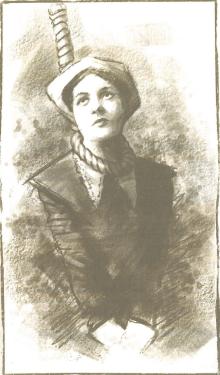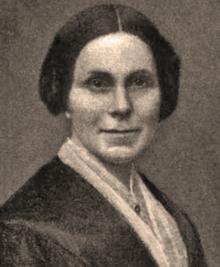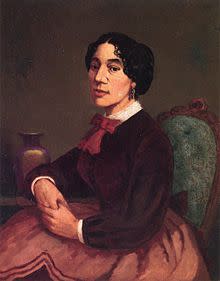Rhode Island has a rich history of activism and engaged citizenry. As Secretary of State, I am committed to engaging and empowering all Rhode Islanders. One of the ways we can do this is by knowing our history.
Below are just three, out of countless impactful women, who worked to better their communities and change the course of our state’s history. They stand as role models not just for young women, but for all Rhode Islanders.
Mary Dyer (1611–1660)
Rhode Island is the birthplace of religious freedom and Mary Dyer believed deeply in this right. As a Quaker, she was prohibited from practicing her religion in neighboring Massachusetts Bay Colony. Dyer was warned to stay out of the colony because of her faith and moved to Rhode Island which was a place that respected religious freedom from its very beginning. Over time, Dyer insisted on going back to Massachusetts to fight for the freedom for Quakers to worship as they wished. She paid the ultimate price in 1660 when she was hanged for her beliefs. You can learn more about her fight for freedom of religion in the Charter Museum located in the RI State House in Providence.
Elizabeth Buffum Chace (1806–1899)
Elizabeth Buffum Chace is a model for anyone who wants to effect change in their community. Considered a radical during her time, Chace’s legacy of activism in support of the anti-slavery movement and women’s suffrage, and her advocacy on behalf of orphaned children, cemented her place as one of Rhode Island’s most passionate and influential community leaders. We celebrate her accomplishments with a portrait bust on the second floor of the State House.
Christiana Carteaux Bannister (1819–1902)
Christiana Carteaux Bannister was an agent of change for the anti-slavery movement. She used her successful hair salons as meeting spaces for the Boston Underground Railroad and raised funds for one of the first official black regiments for the Union Army. In the years after the Civil War, her dedication to the community never wavered, founding the Home for Aged Colored Women in Providence to assist elderly African-American women who could no longer work. We honor Bannister’s contributions to our history with a bust on the second floor of the State House in Providence.



